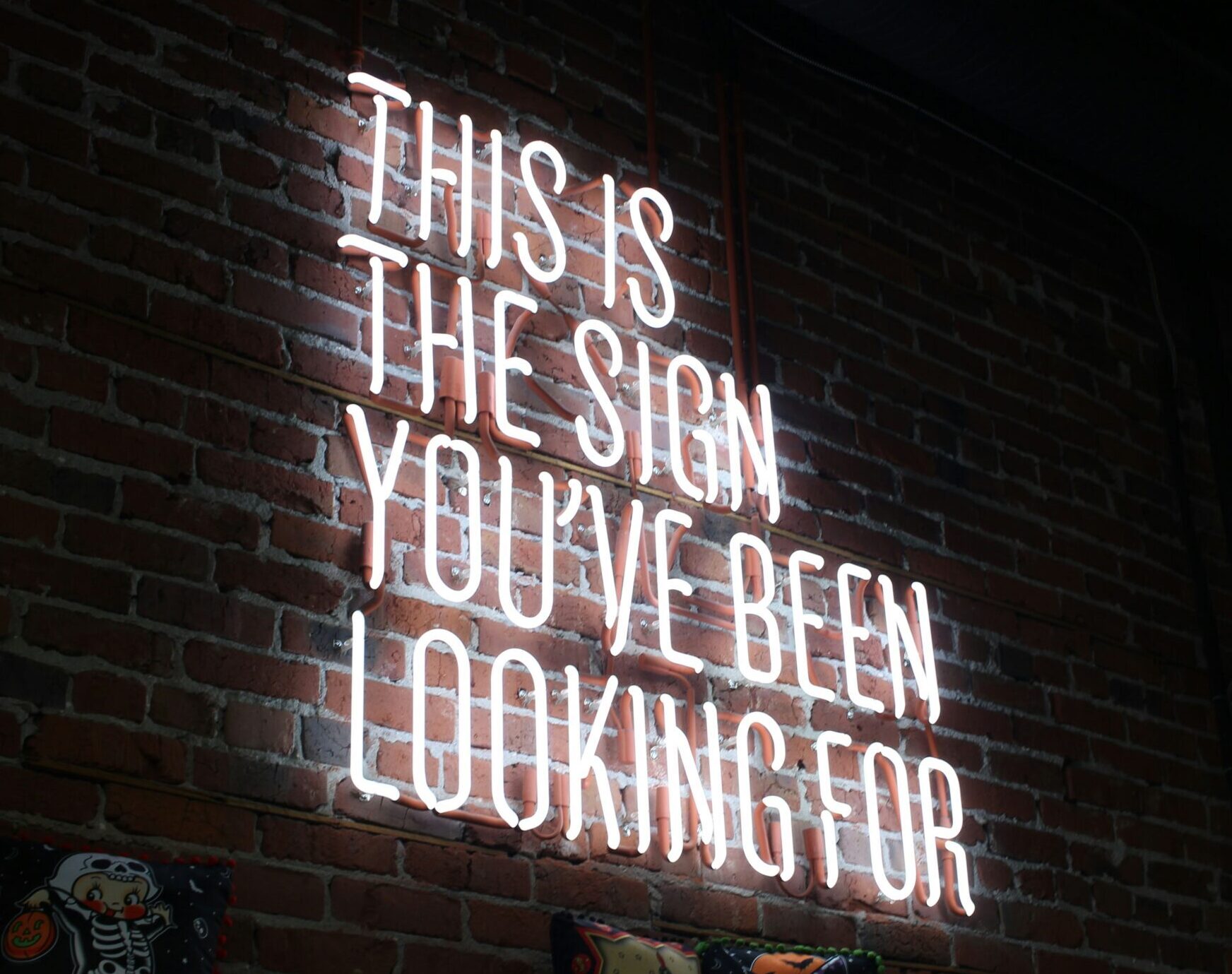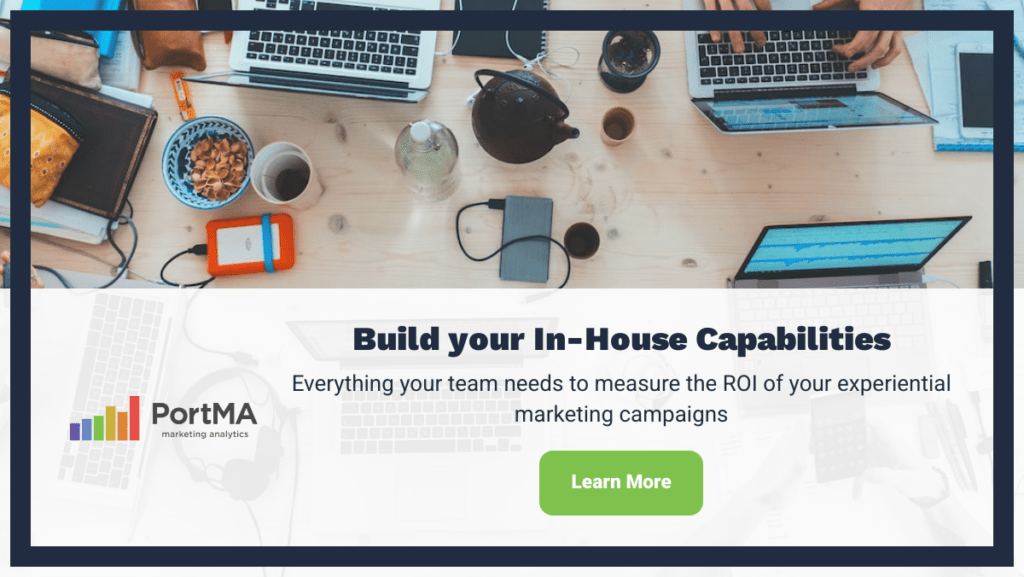
Abstract: In today’s competitive B2B landscape, experiential marketing benchmarks are vital for agencies to effectively communicate their value and engage brand managers. By leveraging experiential benchmarks, agencies can craft targeted content that resonates with specific industry segments, showcasing their understanding of client needs and bolstering credibility. Key strategies include identifying relevant benchmarks, developing niche-focused content, and aligning marketing efforts with brand managers’ interests to boost engagement and conversions. Accurately estimating sales impact through experiential benchmarks and industry-standard methods is crucial for demonstrating ROI.
Estimated reading time: 4 minutes
Table of Contents
The Challenge of B2B Engagement in Experiential Marketing
In today’s competitive B2B landscape, capturing and maintaining the attention of potential clients is no small feat. Many experiential marketing agencies struggle to communicate the value of experiential marketing in a way that cuts through all the competition with unique credibility. It’s a crowded space, and there are a lot of great agencies to choose from.
Experiential marketing benchmarks provide a unique solution, enabling companies to create meaningful content that resonates with the brand managers they’re trying to reach.
By leveraging experiential benchmarks, agencies can effectively highlight the strength of their capabilities, ultimately increasing brand managers’ engagement.
Showing that You Understand Their Need
Experiential marketing can no longer rely on superficial performance metrics. The era of impressing clients with glossy recap videos, photos of ideal consumers, and simple quota reports is rapidly fading—if not already over.
Brand managers and procurement teams now demand concrete evidence that an experiential campaign will deliver the expected exposure and sales. By incorporating experiential marketing benchmarks into your inbound marketing content, you demonstrate not only your understanding of this need for evidence but also differentiate your agency.
This approach leads to more substantive sales conversations with potential clients, setting you apart in a competitive field.
Utilize Experiential Benchmarks for Targeted Content
Experiential benchmarks allow agencies to identify key segments within their target market, offering a data-driven foundation for crafting relevant content.
For instance, an agency specializing in retail sampling can focus on benchmarks related to non-alcoholic beverages. By zeroing in on these niche markets, companies can create content that attracts prospects actively seeking solutions in these areas.
- Highlight Performance Metrics: Use benchmarks to showcase how your services excel in specific areas, such as non-alcoholic beverage sampling.
- Demographic Profiling: Understand how different demographic profiles respond to and are impacted by your offerings, allowing for more focused marketing efforts.
- Industry Segmentation: Tailor your content to address the unique needs of various industries, ensuring a higher relevance to the brand managers you’re seeking to engage.
Key Steps to Enhance Your Agency’s B2B Marketing Strategy with Experiential Benchmarks
- Identify Benchmarks: Use experiential benchmarks to gauge the performance of specific campaign strategies. Then, communicate these strategies and the appropriate experiential benchmarks in your marketing content to highlight the outcomes other brands have achieved. This approach shows that your agency is accountable for results and helps brand managers understand what to expect.
- Create Targeted Content: Develop content that resonates with specific industry segments by focusing on niche markets your agency is uniquely positioned to serve. Suppose your experiential marketing agency specializes in retail sampling for non-alcoholic beverage brands. In that case, showcasing the success of these specific brand category activation strategies will attract the attention of beverage brand managers considering a retail sampling campaign.
- Drive Engagement: By aligning your marketing content with the interests and needs of the brand managers you are best suited to serve, you drive greater engagement and increase the likelihood of conversion.
Final Thoughts
Incorporating experiential benchmarks into your inbound marketing strategy can significantly boost the effectiveness and relevance of your content. By aligning your messaging with brand managers’ needs, you’ll attract and convert those actively considering experiential campaigns, driving business growth.
Focus on your agency’s unique capabilities and leverage benchmarks to reinforce your industry credibility. This approach not only demonstrates your expertise but also sets you apart in a competitive market, positioning your agency as a data-driven partner for successful experiential marketing initiatives.

